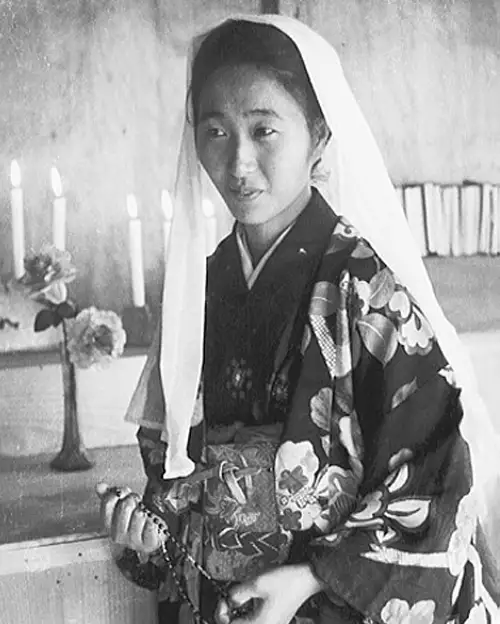anthony-claret
pedro-poveda
giuseppe-maria-de-lillo
francis-xavier-seelos
paul-wattson
joseph-verbis-lafleur
dolindo-ruotolo
rolando-rivi
jacques-fesch
giulia-gabrieli
anne-gabrielle-caron
pierangelo-capuzzimati
jerome-lejeune
maria-del-monte-carmelo-rendiles-martinez
satoko-kitahara
leonie-martin
leopold-mandic
lindalva-justo-de-oliveira
teresita-quevedo
jan-tyranowski
alberto-beretta
pere-tarres-i-claret
giuseppina-suriano
alberto-marvelli
edel-quinn
john-bradburne
columba-marmion
anna-schaffer
fr-henri-caffarel
floribert-bwana-chui
peter-to-rot
iuliu-hossu
catherine-de-hueck-doherty
adele-brise
stefan-wyszynski
john-henry-newman
aloysius-schwartz
nicholas-black-elk
vincent-capodanno
teresa-of-the-andes
alberto-hurtado
rupert-mayer
laszlo-batthyany-strattmann
columba-oneill
montserrat-grases
daniela-zanetta
guadalupe-ortiz-de-landazuri
alessandro-nottegar
alexia-gonzalez-barros-y-gonzalez
giorgio-la-pira
vittorio-trancanelli
paquita-alvira
tomas-alvira
maria-quattrocchi
luigi-quattrocchi
ceferino-namuncura
sara-salkahazi
maria-teresa-of-st-joseph
anacleto-gonzalez-flores
charles-de-foucauld
eurosia-fabris
patrick-peyton
chiara-lubich
katharine-drexel
maria-elizabeth-hesselblad
blandina-segale
salvo-dacquisto
elizabeth-catez
leopold-figl
daniela-benedetti-spadoni
wilhelm-graf
laureana-franco
renzo-buricchi
luigi-brutti
vivian-uchechi-ogu
nina-ruiz-abad
bernardin-gantin
bertilla-antoniazzi
madeleine-delbrel
giovanni-barra
joseph-dutton
auguste-robert-pelafigue
charlene-marie-richard
marcel-van
damien-of-molokai
benedetta-bianchi-porro
pope-paul-vi
mary-mackillop
oscar-romero
luigi-giussani
maria-esperanza-de-bianchini
anne-de-guigne
luis-martinez
matteo-farina
takashi-nagai
marie-therese-de-soubiran
julia-greeley
cyprien-rugamba
maria-guggiari-echeverria
zdenka-schelingova





